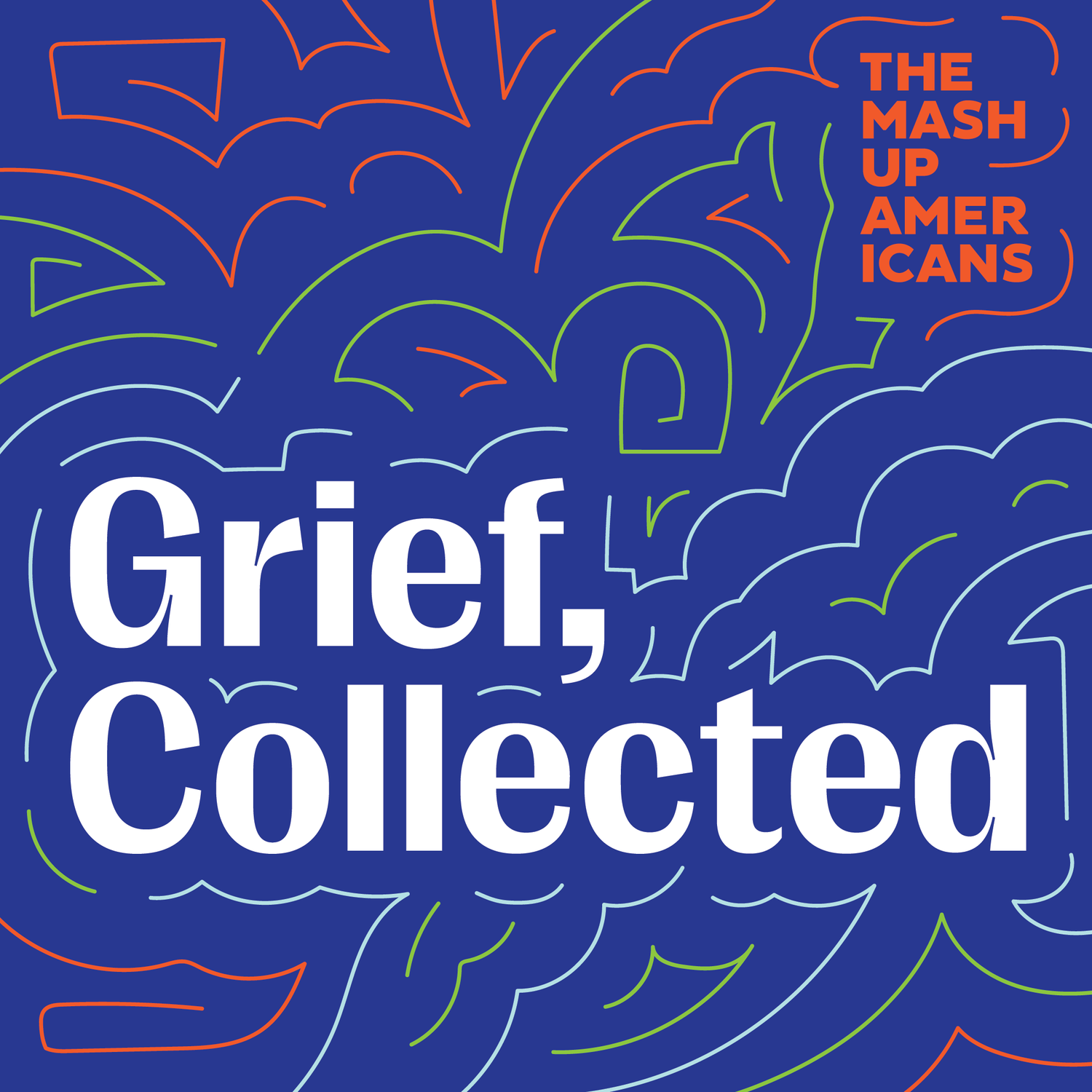Episode Seven: How Do We Grieve Collectively?
Collective grief! What does it mean to grieve as a community? As a country? We’re thinking about what it means to face our losses and our grief head on — together — in order to repair our society. What does it mean to lose a future that we might have imagined? Rabbi Danya Ruttenberg joins us to talk about some of the roots of our grief culture here in America, and with that knowledge, what collective grief and healing can look like in our communities. Part of that work includes looking at how societies globally have done this - and what we can learn from them.
You can find Rabbi Danya Ruttenberg on Twitter @TheRaDR and on Instagram @RabbiDanyaRuttenberg or at DanyaRuttenberg.net
GUEST:
Rabbi Danya Ruttenberg
Rabbi Danya Ruttenberg is an award-winning author and writer who serves as Scholar in Residence at the National Council of Jewish Women (NCJW). She was named by Newsweek as a “rabbi to watch,” as a “faith leader to watch” by the Center for American Progress, has been a Washington Post Sunday crossword clue (83 Down). Her newest book, On Repentance and Repair: Making Amends in an Unapologetic World has been hailed by Congresswoman Ayanna Pressley as ““A must read for anyone navigating the work of justice and healing.” and by the author Rebecca Solnit as “brilliant.” She has written for The New York Times, The Washington Post, The Atlantic, Time, and many other publications. Her seven other books include Nurture the Wow: Finding Spirituality in the Frustration, Boredom, Tears, Poop, Desperation, Wonder, and Radical Amazement of Parenting, which was a National Jewish Book Award finalist, and Surprised By God: How I Learned to Stop Worrying and Love Religion, nominated for the Sami Rohr Prize for Jewish literature; The Passionate Torah: Sex and Judaism; Yentl’s Revenge: The Next Wave of Jewish Feminism, and, with Rabbi Elliot Dorff, three books on Jewish ethics.
KEY QUESTIONS:
How do you live with the grief without surrendering to it? How do we tell our strengths without deficit framing our tremendous losses?
How is the experience of community different than that of a family?
Do you find strength in community — what does it mean to grow what that community is?
How do you define a community? Particularly outside of the idea of tribe?
How is our culture shaped by grief, and how can we find a collective experience there?
RESOURCES:
There Are No Nostalgic Nazi Memorials by Susan Neiman, The Atlantic
May 25 Should Be A Day of Mourning for George Floyd by David McIvor, NY Times
Ghost Bikes, Infrastructure of Grief by Andrew Small, Bloomberg News
How to process grief and sadness after the Capitol Attack by Jonathan Bastian, KCRW
Hiroshima Atomic Bomb Survivors Pass Their Stories to a New Generation by Jonathan Soble, NY Times
Memorials to Covid-19 Must Hold Space for Grief and Accountability by Paul M. Farber and Patricia Eunji Kim, Monument Lab
What a Year of Grief Taught Me About Monuments and Memorials by Ric Kasini Kadour, HyperAllergic
When facing loss, embrace change and don't force closure, a therapist urges by Graison Dangor, NPR
WHITE PAPER:
Download the white paper here.
CREDITS:
Grief, Collected is a production of The Mash-Up Americans. Executive produced by Amy S. Choi and Rebecca Lehrer. Senior editor and producer is Sara Pelligrini. Development producer is Dupe Oyebolu. Production manager, Shelby Sandlin. Original music composed by The Brothers Tang. Sound Design support by Pedro Rafael Rosado. Website designed by Rebecca Fernandez. Grief, Collected is supported in part by a grant from The Pop Culture Collaborative. Please make sure to follow and share this show with all of your friends. Ciao.

